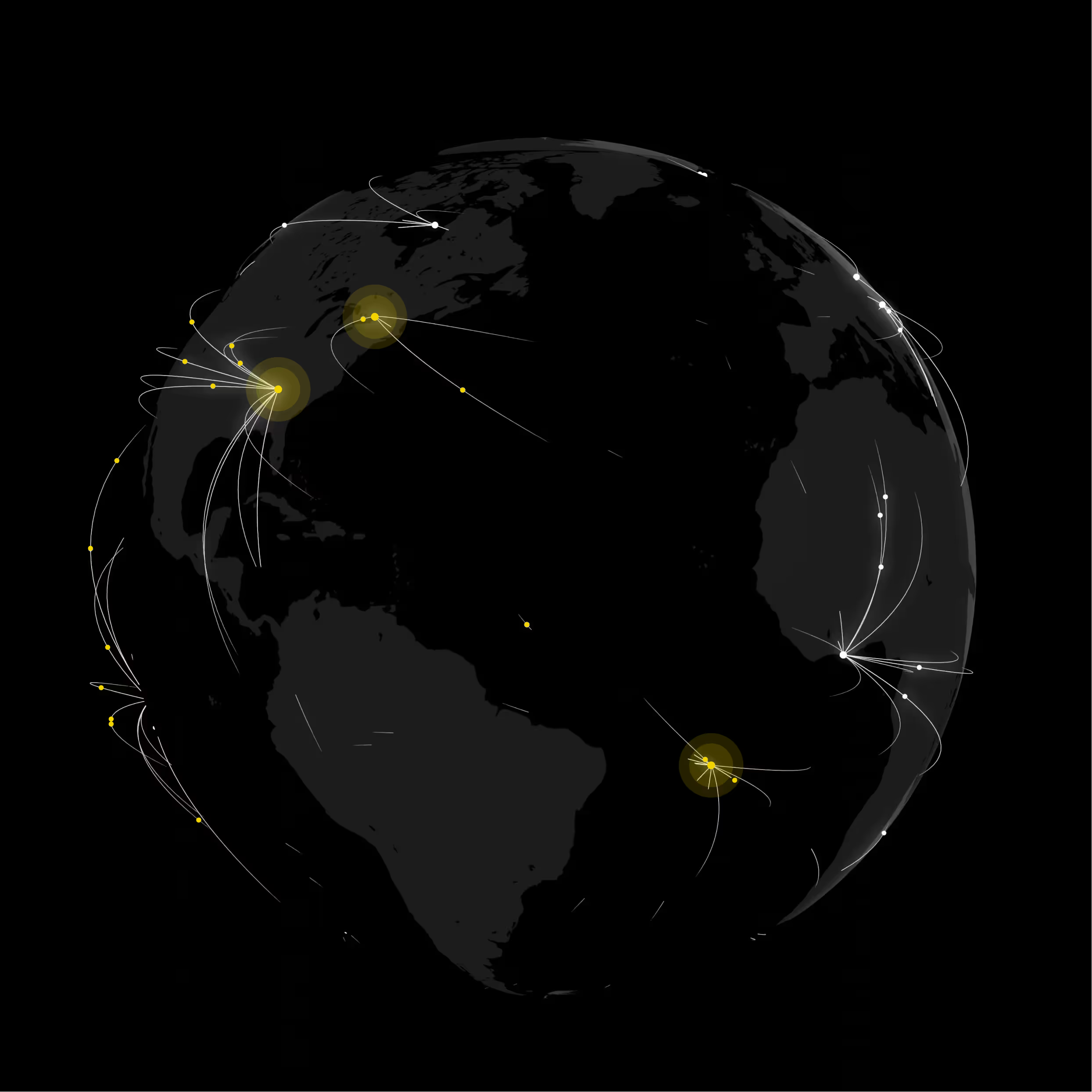
Get Street-Level Insights
Milwaukee, Wisconsin, often referred to as the Cream City for its distinctive cream-colored brick and Brew City for its brewing traditions, has a complex relationship with crime and safety. While having experienced industrial decline in the later part of the 20th century, which contributed to social and economic challenges, the city has been actively addressing these issues. Crime in Milwaukee has seen fluctuations over the years, with periods of increased efforts to improve policing and community relations, particularly in neighborhoods with higher instances of crime. Milwaukee is also known for its political activism, with protests highlighting both local and national issues, and these events are usually peaceful but can sometimes lead to heightened security measures.
In recent years, the city has seen revitalization efforts, which have had a positive impact on reducing crime in Milwaukee and improving safety. Initiatives such as community policing, improved lighting in public areas, and investment in social services have contributed to these efforts. Nonetheless, safety concerns continue to be a topic of conversation among residents and visitors alike, especially in relation to nightlife and urban exploration. The city is proud of its cultural history, its strong community bonds, and its ongoing transformation as it addresses these contemporary challenges.
While Milwaukee's historic battles with crime are not its defining feature, being aware of the city's historical and current security climate is important for both residents and visitors looking to understand the city more fully. Milwaukee has seen a range of safety initiatives aiming to protect its citizens and visitors, and understanding this context provides insight into the city's character and resilience.
Local Security Tips
- Milwaukee Art Museum: Stay aware of your surroundings when enjoying the architecture and exhibits. Parking areas can be quieter, so keep valuables out of sight and be cautious when returning to your car.
- The Historic Third Ward: This bustling district is safer when visited during the daytime and evenings when restaurants and shops are open. Avoid less lit streets after dark and travel in groups if possible.
- Milwaukee RiverWalk: Enjoy the scenic views of the city but remain vigilant, especially at night. Stick to well-traveled paths and consider visiting during busier hours.
- Harley-Davidson Museum: A must-see for motorcycle enthusiasts, this museum is located in a good area, but as with any attraction, keep personal items secure and stay mindful of your environment.
Local Regulations
Firearm Policy
Milwaukee conforms to Wisconsin's firearm laws. Open carry is generally legal for adults over 18 without the need for a license, except in certain locations. Concealed carry requires a permit. Discharging firearms in populated areas or within city limits is highly regulated with generally strict prohibitions.
Public Drinking Policy
Public drinking is prohibited in Milwaukee. It is illegal to consume alcohol on public streets, sidewalks, and in vehicles. Some special events may permit public consumption with specific licenses, but generally, it's best to limit alcohol consumption to licensed venues like bars and restaurants.
Emergency Contact Lists
Department for Non-Emergency Services: For non-emergency police services, residents and visitors can call the Milwaukee Police Department at (414) 933-4444.
Leading Hospitals
- Froedtert Hospital: 9200 W Wisconsin Ave, Milwaukee, WI 53226 - (414) 805-3000
- Aurora St. Luke's Medical Center: 2900 W Oklahoma Ave, Milwaukee, WI 53215 - (414) 649-6000
- Ascension Columbia St. Mary's Hospital Milwaukee: 2301 N Lake Dr, Milwaukee, WI 53211 - (414) 585-1000
- Children's Wisconsin - Milwaukee Hospital: 8915 W Connell Ct, Milwaukee, WI 53226 - (414) 266-2000

Make Data Driven Security Recommendations

Know the neighborhood
Boundary maps make it easy to see the varying risk profile of communities within a city.

Identify hotspots
Heat maps demonstrate specific areas where relevant activities are known to be concentrated.

Delve into the details
Drill down to the latitude longitude of individual events for maximum context informing security recommendations.












